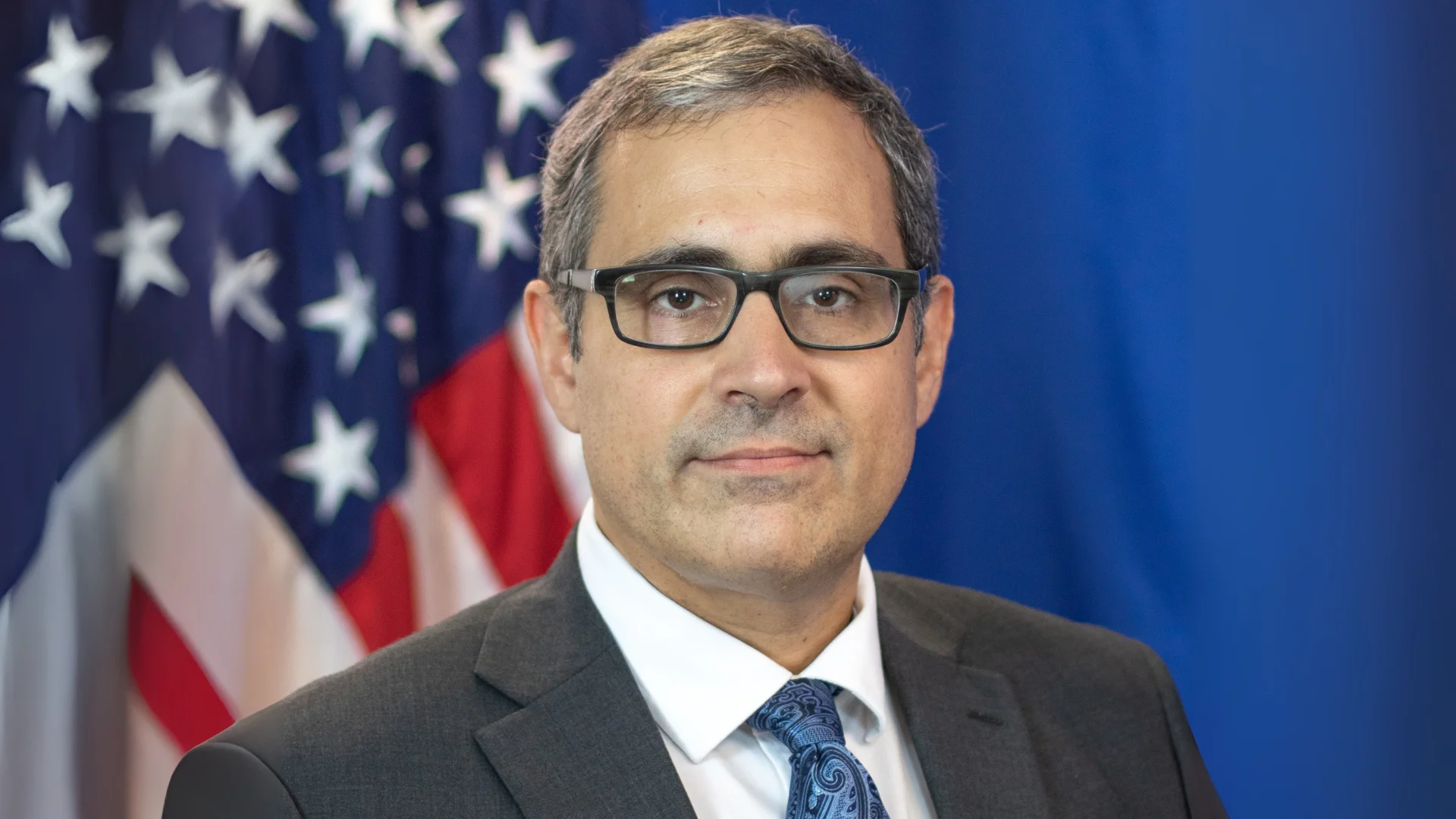Senior officials from the United States, Egypt, France, Germany, Italy, Qatar, Saudi Arabia, Türkiye, United Arab Emirates, and the United Kingdom met on the sidelines of the United Nations General Assembly High-Level Week to discuss economic foundations for unity and security in Libya. The meeting was chaired by the United States.
According to a statement released by the U.S. government: "The chair reaffirmed the strong commitment of the international community to support Libya’s progress on a path to greater unity, security, stability, and prosperity."
The chair acknowledged a briefing by Special Representative of the Secretary-General Hanna Tetteh and thanked her for her work advancing the Libyan political process. The statement noted: "She updated participants on efforts to advance UNSMIL’s political roadmap and to facilitate meaningful dialogue among a broad range of Libyan parties."
The importance of integrating security forces from eastern and western Libya was emphasized as a way to increase Libya's contribution to regional stability. The chair commended participants for supporting changes made in 2025 to the UN arms embargo that allowed initial steps such as joint training and technical assistance for east-west security integration.
Economic issues were also discussed. The chair stated: "Strong economic foundations are paramount to creating a safer, stronger, and more prosperous Libya." There was an emphasis on collective work among participants to strengthen independent institutions like the National Oil Corporation, Central Bank of Libya, and Audit Bureau in order to promote economic stability.
Participants agreed that coordinated international support is necessary for economic stability in Libya. This includes creating opportunities for investment and protecting national resources as ways to foster unity and prosperity.
Support for UNSMIL’s political roadmap was reiterated. According to the statement: "Unification of political institutions is critical to promote prosperity for all Libyans, as well as for Libya to defend its sovereignty, protect its borders, and prevent the use of its territory for the spread of threats like illegal migration and weapons trafficking." Countries shared their perspectives on interim steps toward greater stability in Libya.

